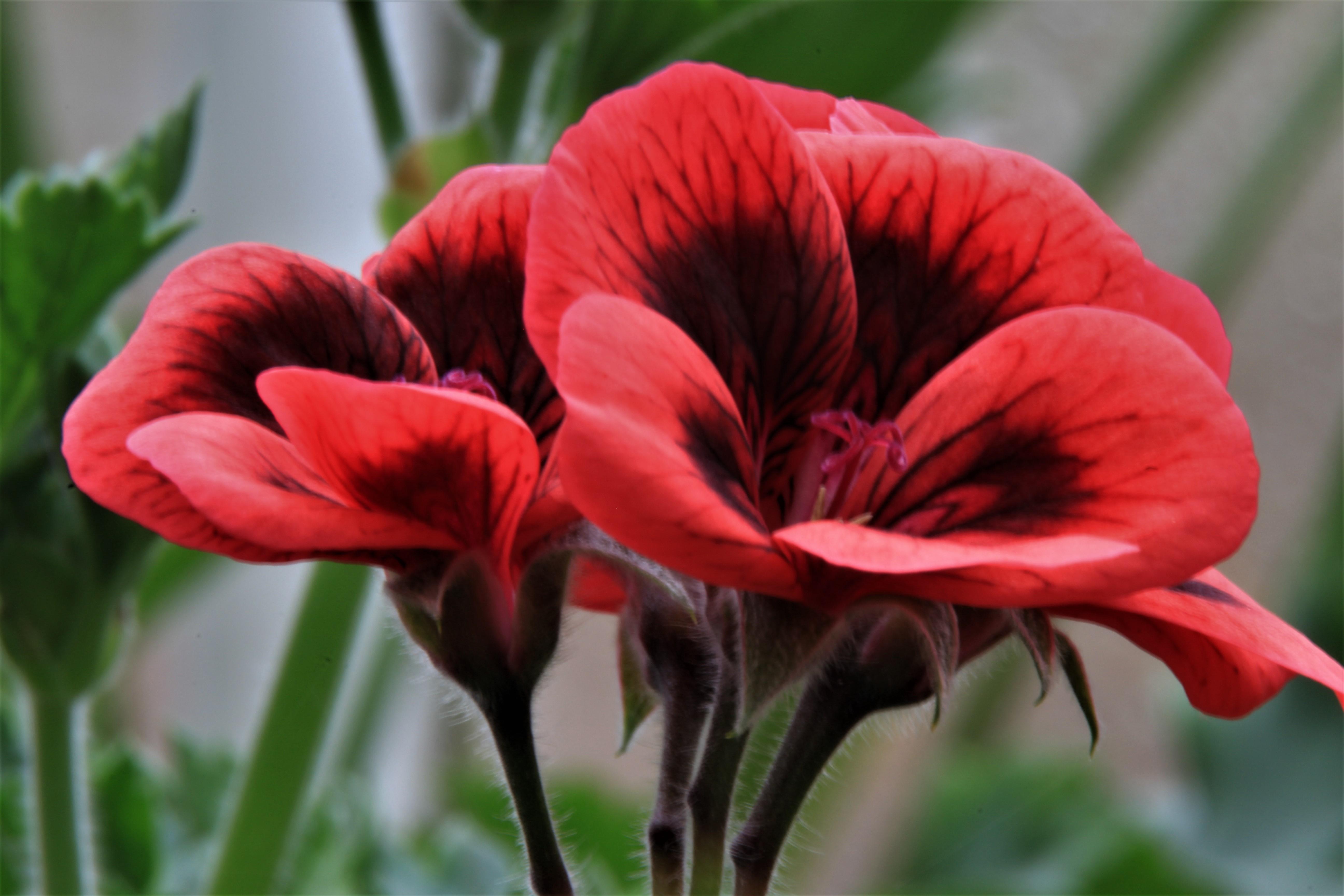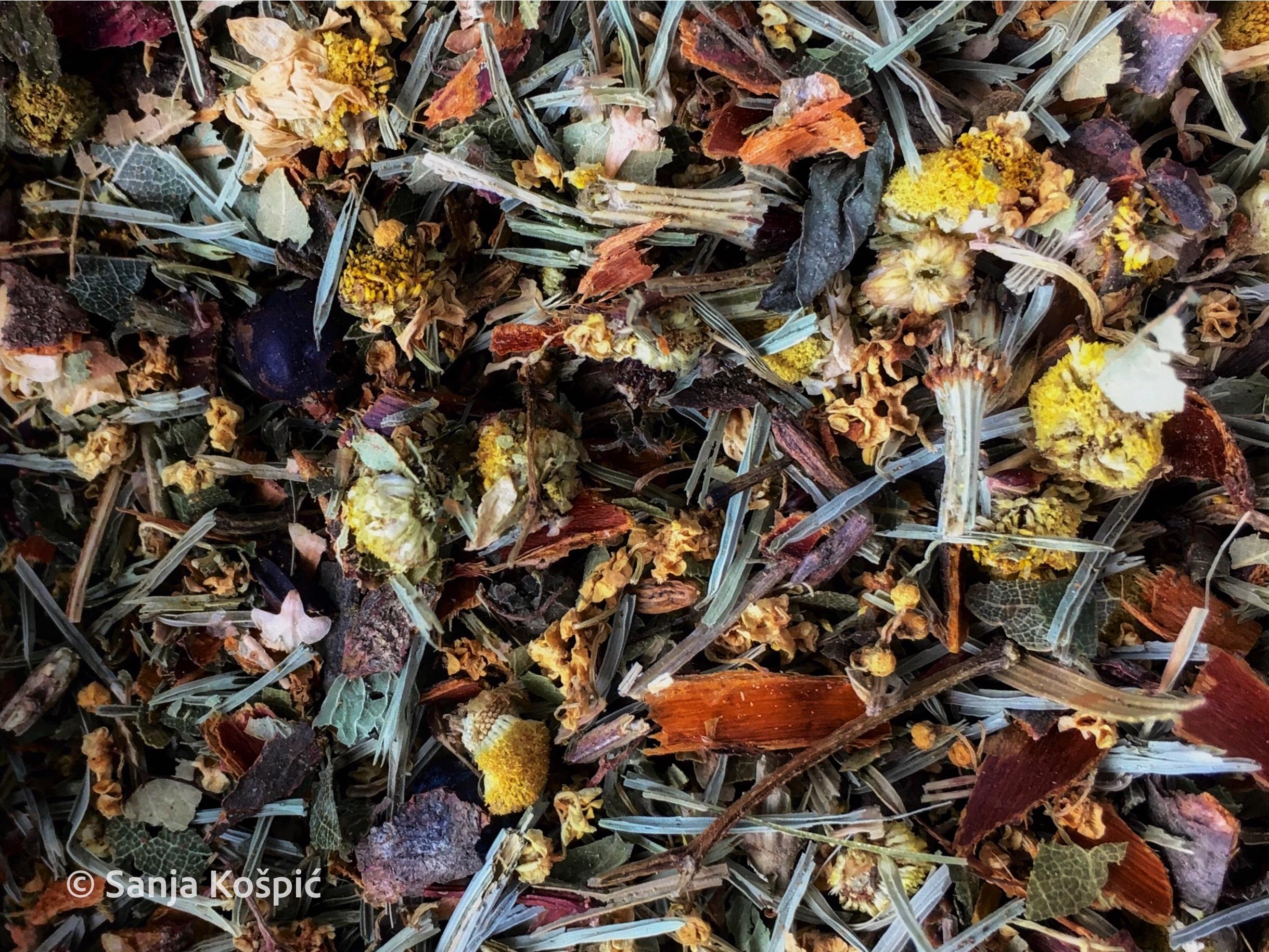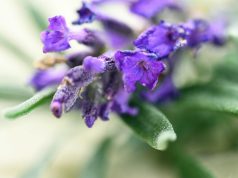In today’s fast-paced world, where pollution and stress have become unwelcome companions in our daily lives, maintaining optimal lung health is more crucial than ever. Our lungs, tirelessly working to provide us with the breath of life, deserve care and attention to function at their best. While modern medicine offers various solutions, many individuals are turning to age-old herbal treatments to nurture and strengthen their respiratory systems naturally. In this article, we will explore a range of gentle yet effective herbal remedies that can support lung health. Whether you’re seeking to enhance your lung capacity, recover from respiratory ailments, or simply breathe easier, these herbal treatments can offer a holistic path to wellness. With empathy and understanding, we invite you to discover how nature’s bounty can become a powerful ally in your journey toward healthier lungs.
Understanding the Power of Herbal Remedies for Lung Health
Incorporating herbal remedies into your daily routine can be a natural and effective way to support lung health. These remedies have been used for centuries across various cultures, offering a gentle yet powerful means of respiratory support. Let’s explore some herbs known for their benefits:
- Mullein: Known for its soothing properties, mullein can help clear mucus from the lungs and reduce inflammation.
- Licorice Root: This sweet herb acts as a demulcent, providing a protective coating to the lungs while also acting as an expectorant.
- Thyme: Rich in antioxidants, thyme is effective in loosening mucus and fighting off bacterial infections in the respiratory system.
To make the most of these herbs, consider creating herbal teas or infusions. Here’s a simple table to guide you on how to prepare these remedies:
| Herb | Preparation Method | Benefits |
|---|---|---|
| Mullein | Steep 1 tsp of dried leaves in hot water for 10 minutes. | Clears mucus, reduces inflammation. |
| Licorice Root | Boil 1 tsp of root in water for 15 minutes. | Soothes lungs, acts as an expectorant. |
| Thyme | Add fresh thyme to boiling water and steep for 5 minutes. | Antioxidant-rich, fights infection. |
Embracing these herbal allies can be a transformative step in maintaining optimal lung health. Always remember to consult with a healthcare provider before starting any new treatment, especially if you have pre-existing conditions or are on medication.

Exploring Essential Herbs Known for Respiratory Support
Breathing deeply and effortlessly is something many of us take for granted. Yet, when respiratory challenges arise, turning to nature’s pharmacy can offer relief. Here are some essential herbs that have been cherished for their respiratory support:
- Mullein: Known for its soothing properties, mullein can help ease irritation in the respiratory tract. Its leaves and flowers are often used in teas or tinctures to assist with clearing mucus and reducing inflammation.
- Thyme: This aromatic herb is not only a culinary favorite but also a potent ally for respiratory health. Rich in thymol, thyme acts as a natural expectorant, helping to loosen mucus and support lung function.
- Licorice Root: With its sweet flavor, licorice root is more than a treat. It acts as a demulcent, forming a protective film over mucous membranes and reducing irritation. Its anti-inflammatory properties can also be beneficial for soothing a sore throat and cough.
To incorporate these herbs into your wellness routine, consider creating a daily herbal tea blend. Below is a simple recipe that combines these powerful herbs:
| Ingredient | Quantity |
|---|---|
| Mullein Leaves | 1 tbsp |
| Thyme | 1 tsp |
| Licorice Root | 1 tsp |
Combine the herbs in a teapot and add 2 cups of boiling water. Let steep for 10 minutes, strain, and enjoy this nurturing brew up to three times daily for optimal respiratory support.

Crafting Your Own Herbal Tea Blends for Lung Strength
Creating your own herbal tea blends is a delightful and empowering way to support your respiratory health. By choosing specific herbs known for their lung-strengthening properties, you can tailor a blend that suits your needs and preferences. Here are some herbs to consider:
- Mullein: Known for its soothing properties, mullein helps clear congestion and reduce inflammation.
- Licorice Root: This sweet herb acts as an expectorant and can help to soothe irritated lungs.
- Ginger: Ginger aids in warming the body and improving circulation, which can help in clearing respiratory passages.
- Thyme: This aromatic herb is rich in thymol, a compound with antibacterial properties that support lung health.
When crafting your blend, you might want to experiment with different combinations until you find the one that resonates with you. Here’s a simple table to get you started with some popular combinations:
| Herb Combination | Benefits |
|---|---|
| Mullein + Ginger | Clears congestion and improves circulation |
| Licorice Root + Thyme | Soothes and protects the lungs |
| Ginger + Thyme | Antibacterial and warming effects |
To prepare your blend, use about one teaspoon of each selected herb per cup of water. Steep the herbs in boiling water for 10-15 minutes to extract their full benefits. Enjoy your personalized herbal tea as a comforting ritual, knowing that you’re nurturing your lungs with each sip.

Incorporating Herbal Supplements into Your Daily Routine
Integrating herbal supplements into your daily life can be a gentle yet powerful way to support lung health. Herbal treatments offer natural remedies that can complement traditional approaches. Below are some tips on how to seamlessly incorporate these supplements into your routine:
- Morning Rituals: Start your day with a cup of herbal tea. Consider using herbs like mullein or licorice root, known for their lung-cleansing properties.
- Smoothie Boosters: Add a teaspoon of astragalus powder to your morning smoothie. This adaptogenic herb is renowned for enhancing respiratory health and boosting immune function.
- Capsule Convenience: If you prefer supplements in pill form, look for capsules containing turmeric or ginger, both of which have anti-inflammatory properties beneficial for lung health.
For those who enjoy structured approaches, here’s a simple table to guide your herbal supplement intake:
| Time of Day | Herbal Supplement | Form |
|---|---|---|
| Morning | Mullein Tea | Tea |
| Midday | Astragalus | Smoothie |
| Evening | Turmeric | Capsule |
Remember, consistency is key. Over time, these small additions can lead to significant improvements in your lung health. As always, consult with a healthcare professional before starting any new supplement regimen to ensure it aligns with your personal health needs.








































